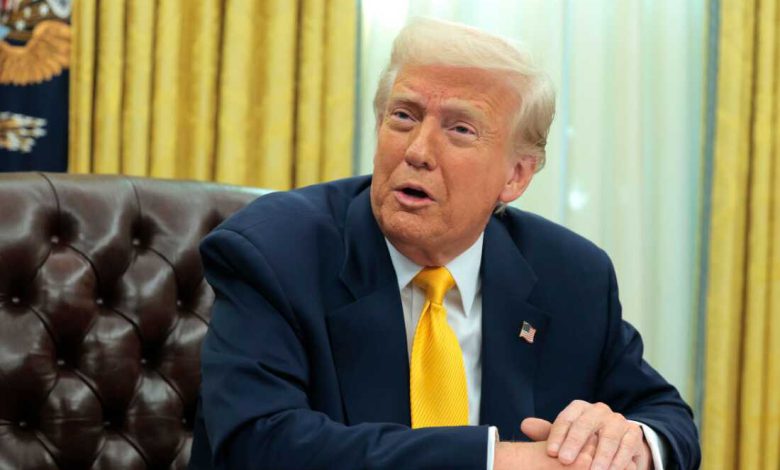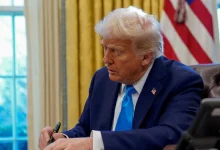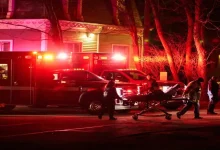Trump Administration Reinstates Visas for International Students After Unexpected Terminations

In a significant policy reversal, a government attorney announced that US Immigration and Customs Enforcement (ICE) is reinstating the legal status of international students whose records were recently terminated.
During a federal court hearing in Oakland, the government’s lawyer informed the judge that ICE is now manually reactivating student records that had been unexpectedly terminated. A similar notification was made in a separate case in Washington, as confirmed by Brian Green, the attorney representing the plaintiffs, who shared the communication with the Associated Press.
According to the statement, “ICE is developing a policy that will provide a framework for SEVIS record terminations. Until such a policy is issued, the SEVIS records for plaintiff(s) in this case (and other similarly situated plaintiffs) will remain Active or shall be re-activated if not currently active and ICE will not modify the record solely based on the NCIC finding that resulted in the recent SEVIS record termination.”
SEVIS records terminated due to FBI checks
The Student and Exchange Visitor Information System (SEVIS) is a federal database that tracks visa compliance among international students. The terminations were reportedly linked to checks conducted through the FBI’s National Crime Information Center (NCIC). Several affected students were informed that their SEVIS records had been terminated following these criminal background checks or that their visas had been revoked.
The sudden wave of terminations caught both students and educational institutions off-guard. Most schools only became aware of the issue during routine SEVIS checks or after hearing about similar terminations from other institutions.
In response, judges across the United States had issued temporary orders mandating the restoration of international students’ SEVIS records, citing the lack of prior notification to the students or their schools.
Attorney Brian Green noted that the new policy would apply universally to all affected students, not just those who had initiated legal proceedings.
(With Associated Press inputs)




